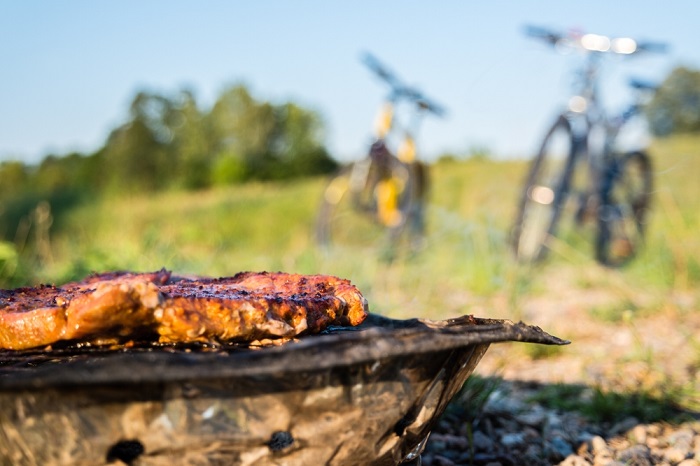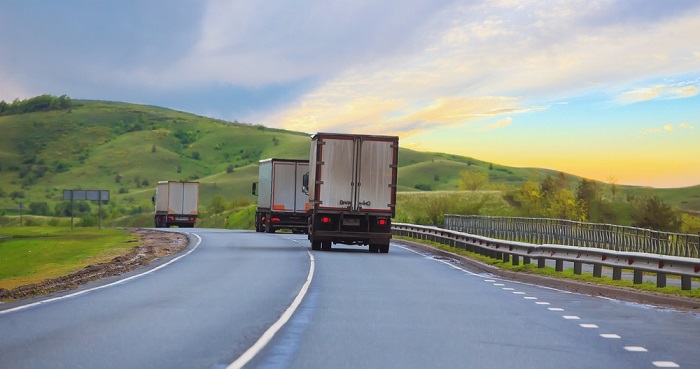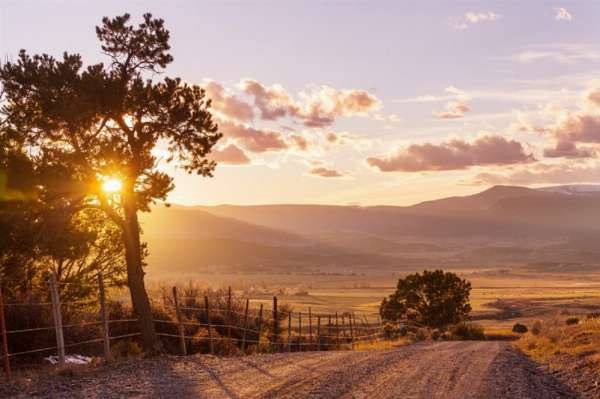City living has its perks: coffee at the base of your condo, steps to the grocery store, and happy hour within walking distance. There are definitely pros and cons to being in an urban area. Depending on your income, lifestyle, and stage of life, living in a city setting might sound appealing and suit your preferences. More times than not, living in a city is feasible only until a certain point in life.
Then, it’s time to explore backyards and large lots, in-home storage, family-friendly communities, and more. While the transition from the city to a rural neighborhood may be welcomed, it can also pose some challenges and adjustments. Before you hire movers and find a real estate agent, here are seven must-know tips on moving from a city to a rural neighborhood.
A Different Kind of Commute
You’re probably used to fighting rush hour traffic or navigating a city when roads are closed or highways are blocked. With a rural lifestyle, you should still be prepared to sit in the car for longer than anticipated, but that’s because you’re living farther from some of your frequently visited destinations. Going to the grocery store, convenience store or gas station, doctor’s office, and shopping mall will most likely now require a much longer commute.
While you certainly gain many things from living in a rural community, living further from certain locations can be a challenge at times. It’s smart to be organized and keep lists of items you need so that you can complete those checklists all at once if you decide to venture out. That said, having a half-full (at minimum) gas tank is also smart, as you’ll likely be farther from gas stations.
Neighbors Few and Far…Very Far…Between
You’re not going to share a wall with your neighbors anymore, let alone even a side yard. By moving to a rural community, you’re gaining space, but you’re also losing the neighbors you’d pass in the hall or on your bike in the city. While you may feel more alone, you’re actually gaining an incredibly well-connected community, regardless of the distance between your mailboxes.
Within rural communities, neighbors tend to know everyone, which means you’re in good hands. They can also assist with providing suggestions about the best utilities to install and companies with the best rates and service in your area. By getting to know your neighbors and the locals, you’re ensuring that someone is always available to help, whether that’s jumping your car or making sure that nothing suspicious happens on your street. Because your neighbors are in the same situation as you in regard to being further from everyday necessities, they’ll more than likely be willing to help you as needed.
Fire up the Grill

Moving to a rural community means you’re going to cook meals more often. You won’t be able to take a work call while ordering takeout down the street anymore. Thankfully, you will most likely have a larger kitchen and more space to cook, eat, and bake. But this setup also means that you have limited restaurants and potentially limited food delivery services.
It’s crucial to remain stocked on the basics just in case you can’t make it to the grocery store to replenish the fridge. Similarly, this transition would also be a great time to refocus on sustainable living options, such as going green or adjusting your current lifestyle to meet those standards post-move.
Positivity Is Key
This move is going to come with challenges, but there are positives and negatives to any living situation. It’s important to embrace the change and to have a positive outlook on your transition to a rural community. There will certainly be unforeseen inconveniences, but having an optimistic outlook is key to getting acclimated and really giving your new community a fair chance.
Your neighbors will also pick up on any negativity that you give off toward their way of life, especially when you’re new in town, so it’s a good idea to, at minimum, contain those thoughts until you’re in the comfort of your own home. While change is inevitable, there are so many positive aspects to being in a rural community, so it’s helpful to think of those whenever you might be frustrated with your new way of life.
Dress the Part
Rural living doesn’t just come with four walls and a roof. When you move to a new community, you’ll want to make sure you’re prepared for this type of lifestyle. You’ll most likely be doing additional yard work, walking more, spending extra time working outdoors on your home, and even exploring the untouched areas beyond your yard. Regardless of what your hobbies may have previously been, living in a rural community comes with new experiences that you might not otherwise have thought about before settling in.
Four Walls, Four Wheels, Zero Worries
You’ll drive more, but it’s important to make sure your car is set up for success as much as you and your family are. Since you’ll spend more time in your car when you decide to venture into town, it might be worthwhile to explore purchasing a larger vehicle. Similarly, if you live in a climate that can drop below freezing or experience winter conditions, it’s even more important to factor that into your car purchase.
Rural communities might be without salt trucks, plows, or the common wintertime practices you relied on in the city. Be ready for different roadway conditions all year round, including unique items or road conditions that might pop up from time to time. With less commercial business, there could be animals or parts of nature that somehow end up in the middle of the street for no apparent reason.
Slower Pace of Life in All the Right (and Wrong) Ways

You moved to a rural community for a reason. Whether it was to get more space under your roof or in your yard, moving to this type of area has incredible perks. While the slower pace of life is oftentimes preferred at various stages of life, it can also come with a few downsides or inconveniences.
Some of those include having to wait longer for maintenance needs, emergency vehicles, and other more commonly requested services. That’s another reason why it’s good to be prepared for unforeseen circumstances. Stock up on emergency materials and tools that other friends or neighbors may have previously had easy access to.


